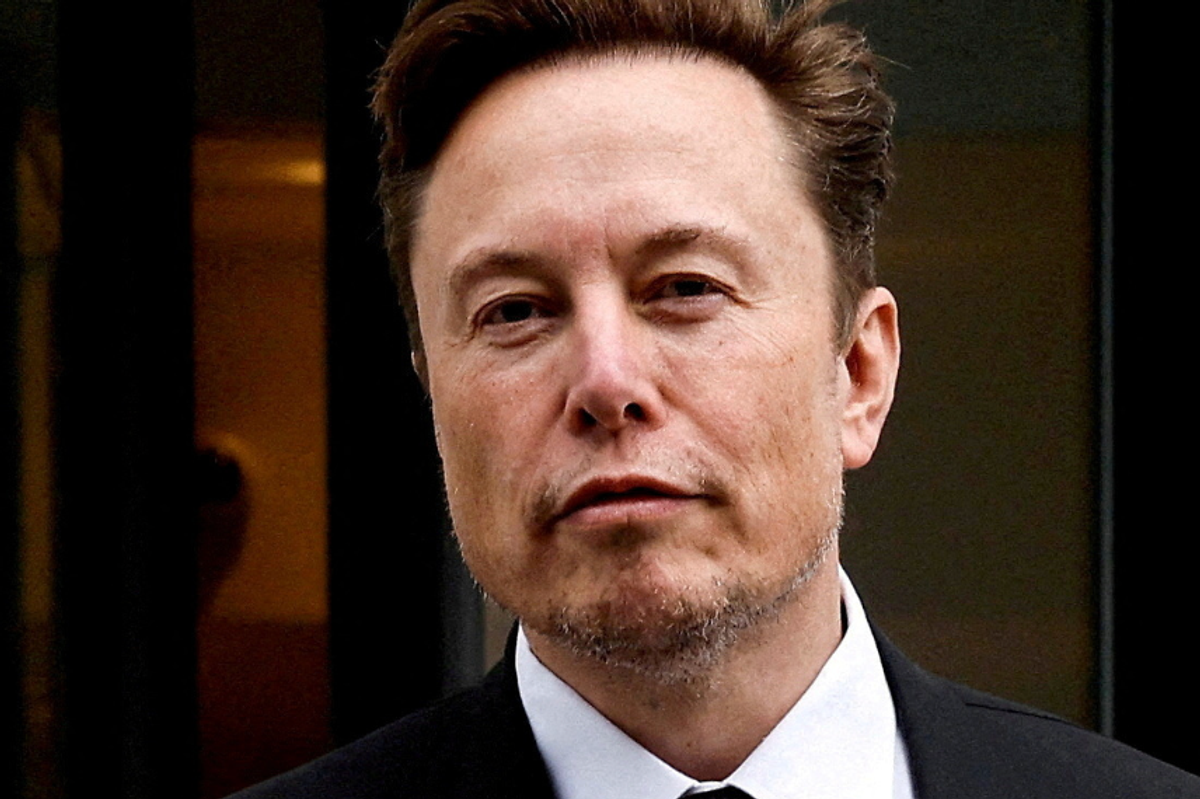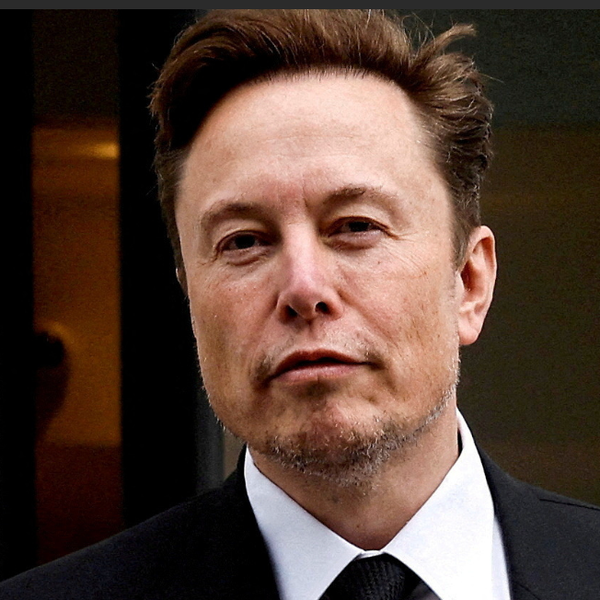State Department Conceals $400 Million Payout To Tesla After Public Outcry
The Trump administration is trying to hide plans to hand $400 million in taxpayer funds to Tesla, the electric car company owned by the world’s richest man—Trump supporter Elon Musk.
On Wednesday, a document published by the State Department laid out plans for the purchase of “armored electric vehicles” from Tesla during fiscal year 2025. But after reporting on the document emerged, it was edited at 9:12 PM and references to Tesla were removed without explanation.
The payout to Tesla, where Musk currently serves as CEO, would come just months after he spent millions to help elect Trump in the 2024 election. Following the election, Trump named Musk to head his Department of Government Efficiency, which has been harassing federal workers and rooting around in sensitive government systems for weeks.
DOGE has been used to purge federal workers and suspend key agencies like the United States Agency for International Development despite lacking congressional authority to do so. In a call to the World Government Summit in Dubai on Thursday, Musk threatened that he would “delete entire agencies.”
The public doesn’t like what they see from Musk and DOGE. A recent poll from Economist/YouGov found that 52 percent of respondents view Musk very unfavorably or somewhat unfavorably, and 63 percent think he has a lot of influence over Trump.
Despite the very clear potential for massive corruption, the White House has claimed that Musk will voluntarily excuse himself from any possible conflicts of interest that arise. But Musk has spent years already intertwined with the federal government thanks to the billions in federal contracts tied up in his other company, SpaceX.
At the same time, the Trump administration has scaled back and stalled ongoing federal investigations of Musk’s companies that began under the Biden administration.
While the State Department order did not specify what part of Tesla’s product line would be purchased, the armored description appears to point to Tesla’s widely derided Cybertruck. The brainchild of Musk, the unsightly Cybertruck has been plagued with endless flaws and multiple product recalls.
Musk claims that he and Trump are working to create a more efficient and transparent federal government. Instead the two have lied and smeared for weeks. Yet Musk stands to make a lot of money thanks to the politician he bankrolled.
That would be classic corruption.
Reprinted with permission from Daily Kos.









